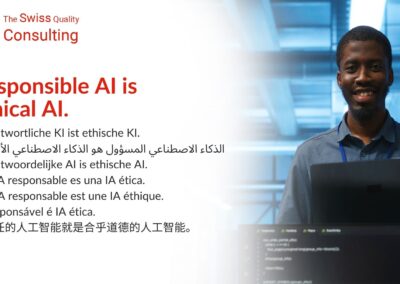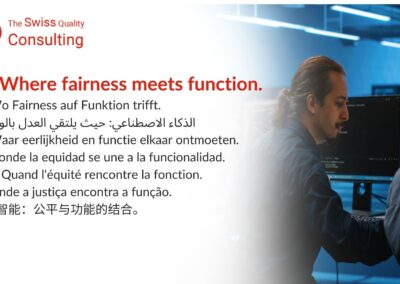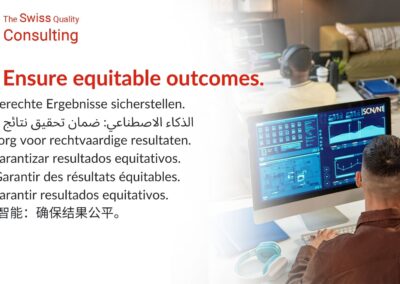Special Considerations for Children and Individuals with Disabilities
Ethical Use of BCIs in Vulnerable Populations is a critical topic as Brain-Computer Interface (BCI) technology advances. BCIs, which facilitate direct communication between the brain and external devices, offer immense potential for enhancing the quality of life for various populations, including children and individuals with disabilities. However, the ethical implications of deploying such powerful technology in these vulnerable groups require careful consideration to ensure safety, fairness, and respect for autonomy. This issue is particularly pertinent in regions like Saudi Arabia and the UAE, where technological adoption is rapid and extensive.
BCIs have the potential to revolutionize the way individuals with disabilities interact with the world. For example, BCIs can enable communication for those with severe speech or motor impairments, enhancing their ability to participate in social and professional activities. In children, BCIs can support learning and cognitive development by providing new tools for interaction and education. However, the deployment of BCIs in these groups must be guided by stringent ethical standards to prevent exploitation and ensure that the technology is used for the benefit of the individuals involved.
Ethical Considerations for BCI Use in Children
The use of BCIs in children presents unique ethical challenges that must be addressed to ensure the technology is implemented safely and responsibly. One of the primary concerns is informed consent. Children, particularly young ones, may not fully understand the implications of using BCI technology, making it difficult for them to provide informed consent. In such cases, obtaining consent from parents or guardians is essential, but it is equally important to ensure that the child’s assent is also considered.
In Saudi Arabia and the UAE, where family values and child welfare are of utmost importance, developing guidelines for informed consent in pediatric BCI use is crucial. These guidelines should ensure that parents and guardians are fully informed about the benefits, risks, and potential long-term implications of BCI use. Additionally, healthcare providers must engage in clear and open communication with children to ensure they understand the process and feel comfortable with their involvement.
BCIs for Individuals with Disabilities: Balancing Benefits and Risks
BCIs offer transformative possibilities for individuals with disabilities, providing new means of communication, mobility, and independence. However, the ethical use of BCIs in this population requires a careful balance of benefits and risks. One of the key ethical challenges is ensuring that individuals with disabilities have the autonomy to make informed decisions about their use of BCI technology. This includes providing comprehensive information about the technology, its potential benefits, and any associated risks.
In regions like Saudi Arabia and the UAE, where there is a strong focus on inclusivity and accessibility, it is essential to develop ethical guidelines that support the autonomous decision-making of individuals with disabilities. These guidelines should emphasize the importance of respecting the individual’s preferences and needs, while also ensuring that they have access to the necessary support and resources to make informed choices. Healthcare providers and caregivers play a crucial role in facilitating this process by offering guidance and assistance without exerting undue influence.
Conclusion: Ensuring Ethical BCI Development for Vulnerable Populations
The ethical use of BCIs in vulnerable populations, such as children and individuals with disabilities, requires special consideration to ensure safe and fair implementation. By addressing issues related to informed consent, privacy, and the potential impact on development, stakeholders in Saudi Arabia and the UAE can foster a responsible approach to BCI technology. Interdisciplinary collaboration, the implementation of ethical guidelines, and the influence of executive coaching are all critical components of this effort.
As Riyadh and Dubai continue to position themselves as leaders in technological innovation, prioritizing ethical considerations in BCI development will be essential. By fostering a culture of ethical responsibility and promoting transparency, these regions can set a global standard for the responsible advancement of BCI technology. Through collaboration and informed decision-making, stakeholders can navigate the ethical landscape of BCIs, ensuring that their development benefits society as a whole while respecting the rights and dignity of vulnerable populations.
#EthicalUse #BCIs #VulnerablePopulations #Children #IndividualsWithDisabilities #ModernTechnology #SaudiArabia #UAE #Riyadh #Dubai #BusinessSuccess #ExecutiveCoaching #LeadershipSkills























